2-3 minute read
Unveiling Artists Ownership
In the music industry for social media rappers and producers. Signing to a record label has been seen as the dream for some new artists.
Visions of fame, luxuries, and a chance to turn their hobby into a full time career.
It’s important for artists to learn the pros and cons of signing a deal. Knowing the impact it has on ownership and artistic freedom.
The Pros of Signing to a Record Label
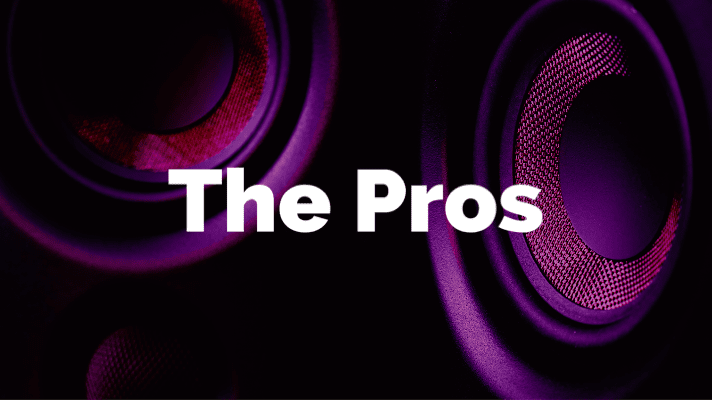
Massive Exposure: A record label has access to a vast network of music industry insiders. This gives new talents the chance to reach a wider audience.
Financial Support and Resources: Labels invest in artists by giving financial support for recording, marketing, and touring. This can be life changing for artists and producers who lack cash flow.
Artists Guidance and Development: Working with respected A&R teams and producers can improve an artist’s skill. It can help them create their sound and big success.
The Cons of Signing to a Record Label
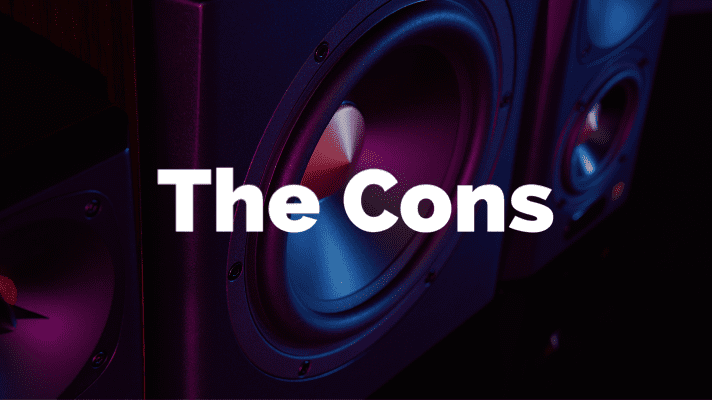
Loss of Creative Control: One of the biggest downsides is the loss of creative freedom. Artists might find themselves bound by contract limits. Controlling their artistic vision and creative choices.
Ownership and Royalties: Signing a record deal means sharing ownership of the music and revenue with the label. This results in lower royalties for the artists. Even though they are the ones creating the music.
Contractual Traps: Some contracts can be shady and may include bad terms. Like long terms, hidden fees, or termination clauses.
Ownership Understanding the Fine Print
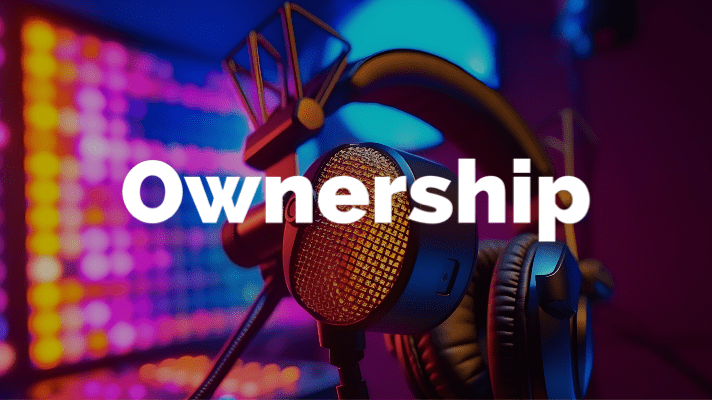
Masters vs. Publishing Rights: Artists should pay attention to if the label seeks ownership of the masters (the original recordings). Same goes for publishing rights (the underlying compositions). Owning publishing rights can offer more control over the music’s earning potential.
Rights Reversion Clause: A crucial aspect is the addition of a “rights reversion clause” in the contract. This clause details the terms under which an artist can regain ownership of their work. If the label fails to meet certain performance expectations or fulfill contract terms.
Negotiating for Fair Terms: As a new artist, it’s important to have legal support to negotiate fair terms and protect ownership rights.
Emphasizing Ownership Exploring Alternative Routes
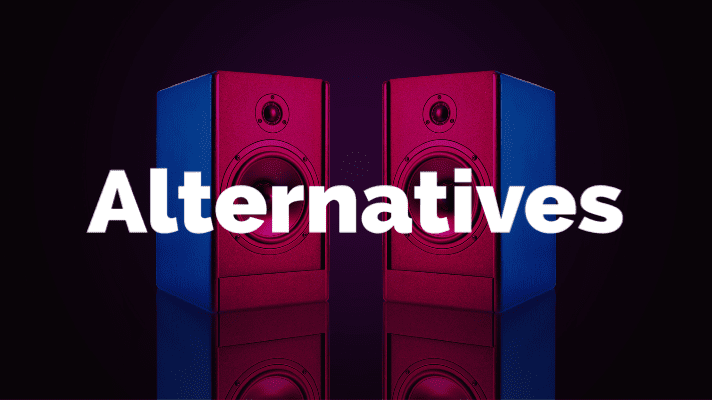
Independent Route: Today artists have the option to release music on their own. Keep ownership and control. Though hard, social media platforms and streaming services can help reach an audience. Without a label’s support.
Distribution and Licensing Deals: Instead of a old school record deal, artists can consider distribution and licensing deals. They allow them to retain ownership. While gaining access to a label’s distribution network and perks.
Joint Ventures and Partnerships: Collaborating with less known artists or creating joint projects can be a way to activate community support. Without completely giving up ownership to a label.
Final Thoughts
Signing to a record label can be a life changing. For social media rappers and producers. However it comes with its share of pros and cons.
Understanding the control of ownership and creative direction is important. Before making any decisions. As the music industry adapts, explore alternative routes.
Keeping ownership may provide the freedom and success artists want. Without sacrificing their artistic vision.
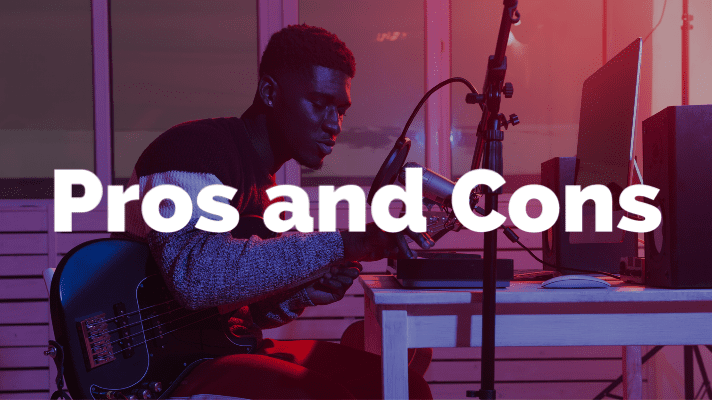
Leave a Reply